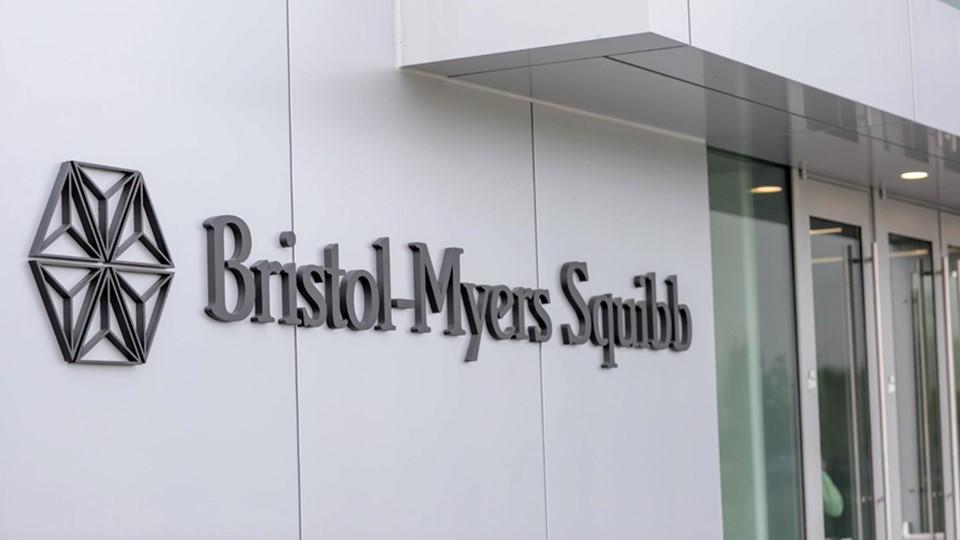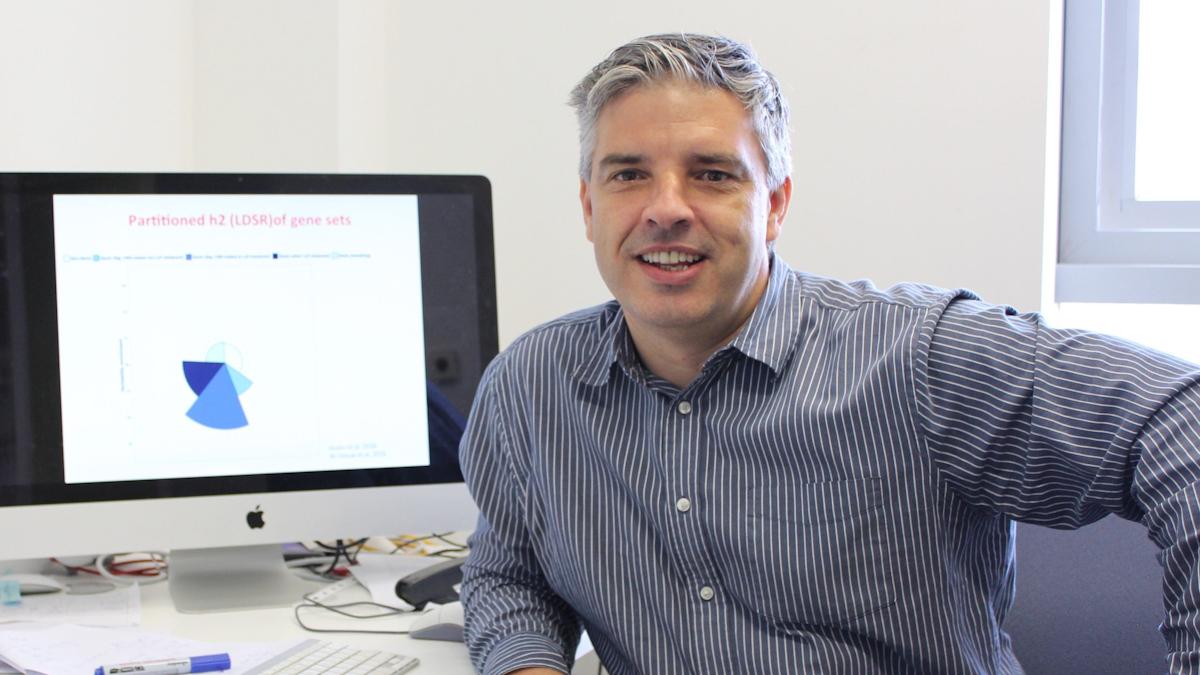Has trial result burst BMS' Cobenfy bubble?

Sky-high sales prospects for Bristol Myers Squibb's new schizophrenia treatment Cobenfy may have to be scaled down after a trial designed to expand the label of the recently approved drug failed.
Cobenfy (xanomeline tartrate and trospium chloride) was approved last year as a monotherapy for people with schizophrenia, in itself a large potential market, but the new study was hoping to support use as an add-on to standard atypical antipsychotic medications.
There are currently no schizophrenia medications approved for use in this way, and extending Cobenfy's label to include patients who are not responding sufficiently well to conventional antipsychotics alone would represent a sizeable commercial opportunity for BMS.
The new data – from the ARISE trial – found that Cobenfy wasn't statistically better than placebo at improving the widely used Positive and Negative Syndrome Scale (PANSS) total score after six weeks' treatment, although there was a trend towards a better outcome with BMS' drug.
In a statement, BMS said there were signs of improved performance with Cobenfy for certain patients, including a group treated with risperidone as the baseline antipsychotic versus those treated with other drugs.
The company added that it would discuss the results with regulators to determine next steps for Cobenfy as an adjunctive treatment for schizophrenia.
Oxford University psychiatry specialist Husseini Manji, one of the ARISE investigators, said that adjunctive trials are challenging in schizophrenia as, "when patients are already receiving treatment, demonstrating additional statistical benefit becomes inherently more difficult."
Many patients will still experience symptoms even on stable antipsychotic therapy, he added, and while missing the mark statistically, the results with Cobenfy are "encouraging, showing a noteworthy improvement for the majority of patients in the trial, as well as a tolerable safety profile."
BMS acquired Cobenfy as part of its $14 billion takeover of Karuna Therapeutics in 2023 and the drug's approval last September ended a decades-long drought in new-mechanism therapies for schizophrenia. The drug's action on muscarinic receptors contrasts with the current stable of medicines that block dopamine receptors.
The drugmaker has predicted multibillion-dollar peak sales potential for Cobenfy, based on approval for both monotherapy and add-on use, although, analysts at Clarivate gave a more modest forecast of $1.6 billion in revenues for the drug within five years in a report published earlier this year. Since then, however, the failure of muscarinic receptor-targeting candidate emraclidine from AbbVie has removed one competitive threat.
For now, the impact of the ARISE data on Cobenfy's potential remains unclear, but more information on the drug's initial rollout will be available when BMS reports its first-quarter results tomorrow.












